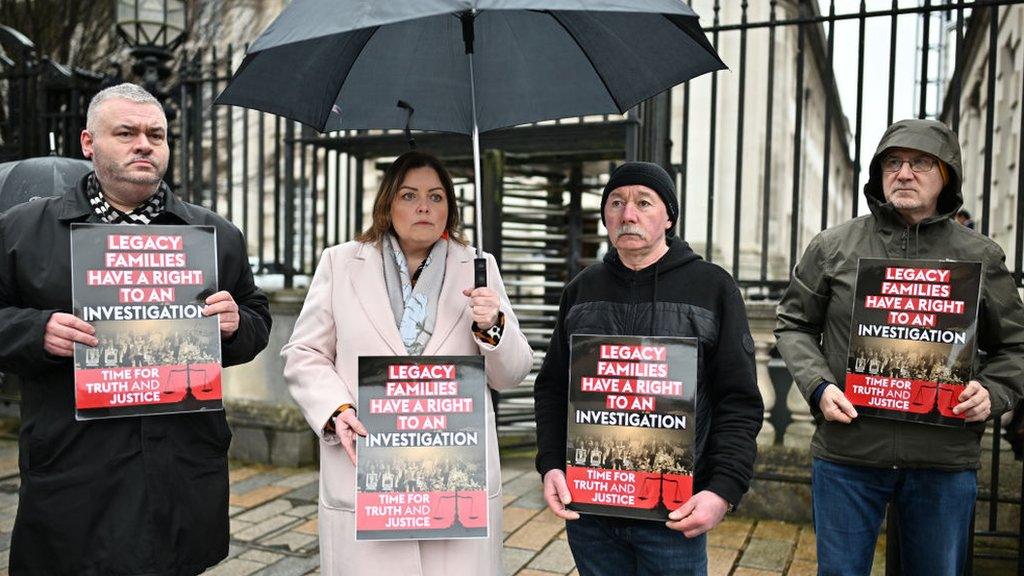Legacy Act: What happens with Troubles law on 1 May?
- Published
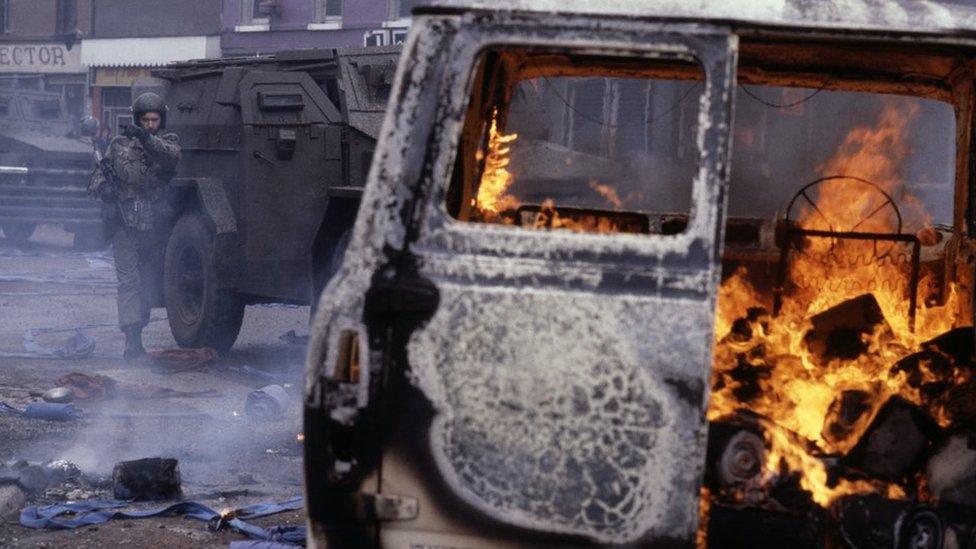
More than 3,500 people lost their lives during the 30-year conflict in Northern Ireland
Wednesday marks a significant moment for the UK government's Legacy Act - with an end to historical inquests and the transferring of Troubles-era cases to a new body.
The controversial act has been opposed by victims' groups and all the main political parties in Northern Ireland - while the UK government maintains the law is human rights compliant and draws a line under the past.
What is the Northern Ireland Troubles (Legacy and Reconciliation) Act?
The act was passed by Parliament in September despite opposition from Labour, all Northern Ireland parties, several victims' groups and the Irish government.
It created a new legacy body known as the Independent Commission for Reconciliation and Information Recovery (ICRIR) to take over all Troubles-era cases from May 1, including those on the desk of the Police Service of Northern Ireland (PSNI).
The act shuts down all historical inquests from 1 May and has already prevented new civil cases from being lodged in court.
The act's most controversial element, the offer of conditional immunity to suspects, has been disapplied following legal action by bereaved families.
The court ruled this part of the act was incompatible with human rights' legislation and the Windsor Framework.
The UK government has lodged an appeal which is due to be heard in June.
What is the ICRIR?
The ICRIR is headed by Sir Declan Morgan, a former lord chief justice of Northern Ireland.
From 1 May, and for a period of five years, it will accept requests for investigations into UK-wide incidents in which people were killed or seriously injured between 1 January 1966 and 10 April 1998.
These can be lodged by bereaved families or victims themselves. Cases can also be referred to it by the Northern Ireland attorney general and the Northern Ireland secretary, among others.
In consultation with those who come forward, the ICRIR, which has police powers, will decide on the type of investigation to be carried out.
Can there still be prosecutions?
In theory there still can be, perhaps more so now that the immunity clause has been struck from the act.
This removed the possibility of suspects applying for immunity from the ICRIR in return for information to be provided to victims' families.
However, based on recent precedent, the number of prosecutions is unlikely to be significant, given a good many suspects and witnesses have died since the events of 30 to 50 years ago.
The Public Prosecution Service considered 53 legacy cases presented to it following Police Service of Northern Ireland investigations between 2012 and the start of April 2024 and it brought charges in about half of them.
Only a small minority led to convictions. The expectation of bereaved families and victims is not high.
Prosecutions which began before 1 May , such as Soldier F in relation to Bloody Sunday, will continue to a conclusion.
Will Troubles-era inquests end?
The most dramatic impact of the act is the halting of all Troubles-related inquests.
This applies to inquests which have not opened, or which have not reached the findings stage.
Before the act was conceived, there was a five-year programme of Troubles-era inquests, but this was disrupted by the coronavirus pandemic.
Many cases also faced delays over the provision of evidence by the Ministry of Defence, and others, and then applications by the Northern Ireland secretary to have intelligence information withheld on the grounds of national security.
Many of the inquests which have fallen involve multiple killings, including the shooting dead of eight IRA men by the Army at Loughgall in County Armagh in 1987.
Under the act, inquests which have not been dealt with can transfer to the ICRIR.
They will become what's known as Enhanced Inquisitorial Proceedings (EIP), with findings produced by Sir Declan Morgan.
Many families, who question whether EIPs will be a like-for-like replacement, hope that should Labour win the next election, inquests will be reinstated under its pledge to repeal the act.
How many cases will the ICRIR handle?
It has no idea what its workload will be - there were more than 3,500 Troubles-era killings (about 1,000 remain unsolved) and up to 40,000 people were injured.
On 1 May, the ICRIR will open phone lines and begin receiving emails from people who want it to look at their cases. Face-to-face meetings will then be arranged.
The ICRIR has offices in Belfast and London and may recruit up to 300 staff in coming months.
It could end up being operational until 2030 or beyond and cost in the region of £250m, but this is entirely dependent on numbers coming forward and the type of investigation agreed in each case.
The ICRIR has said case numbers are impossible to predict at this stage.
Related topics
- Published1 May 2024
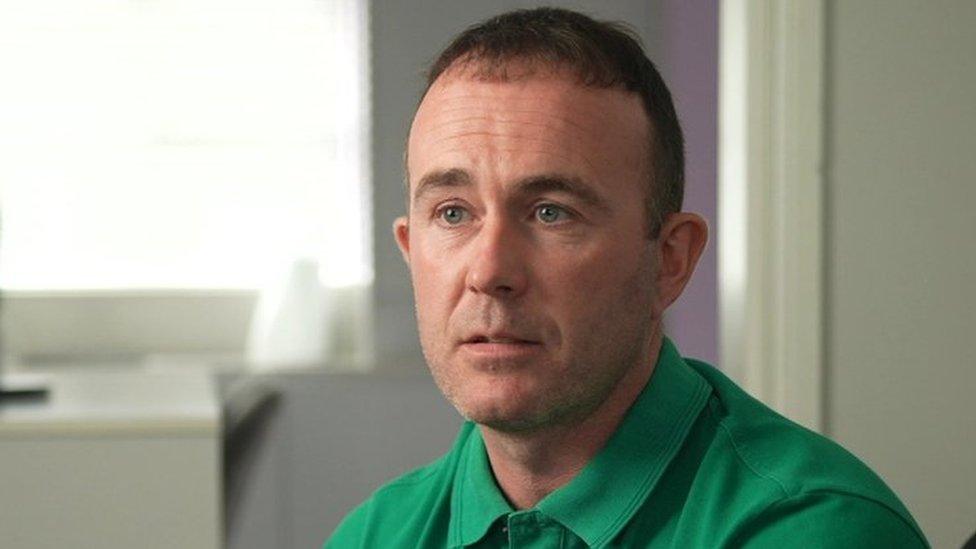
- Published7 March 2024
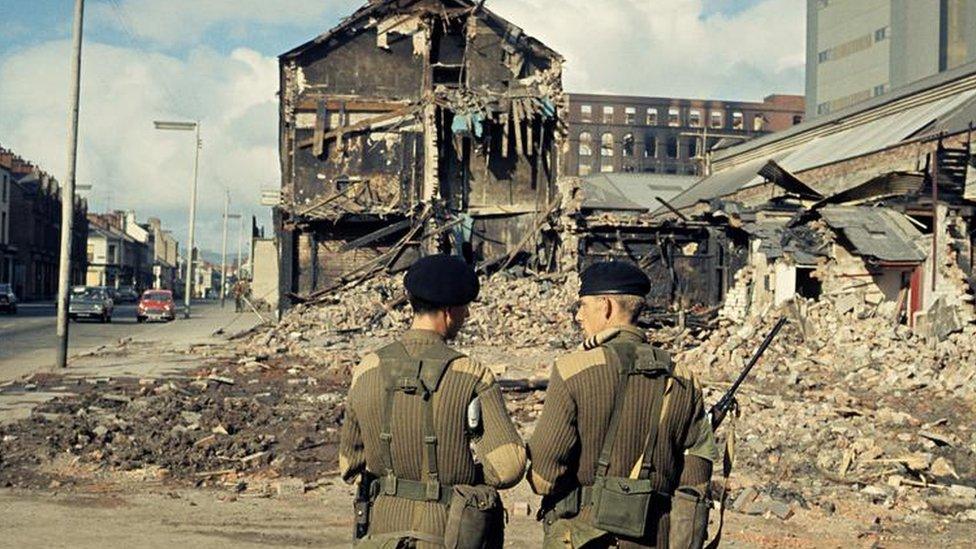
- Published8 January 2024
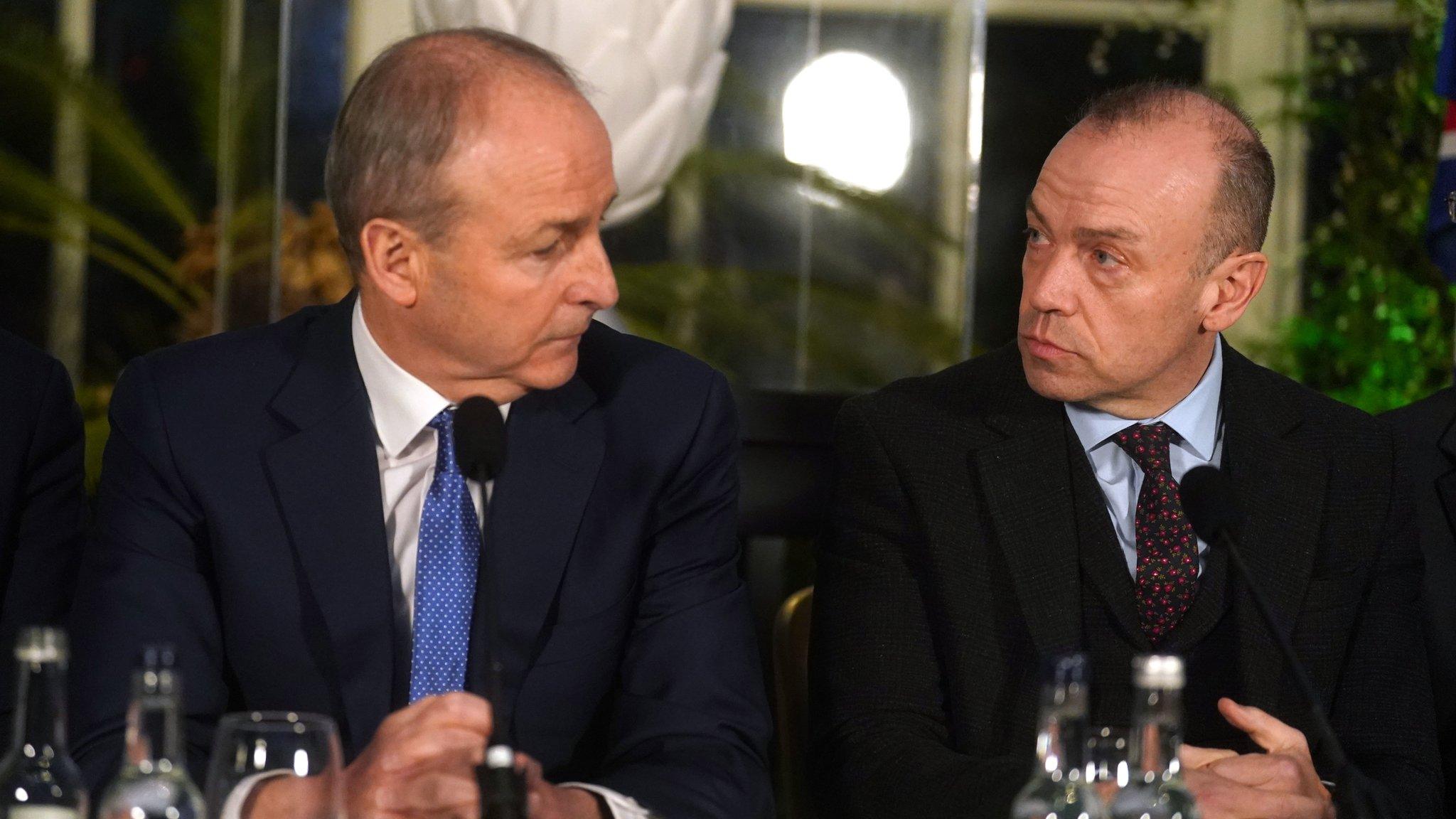
- Published28 February 2024
